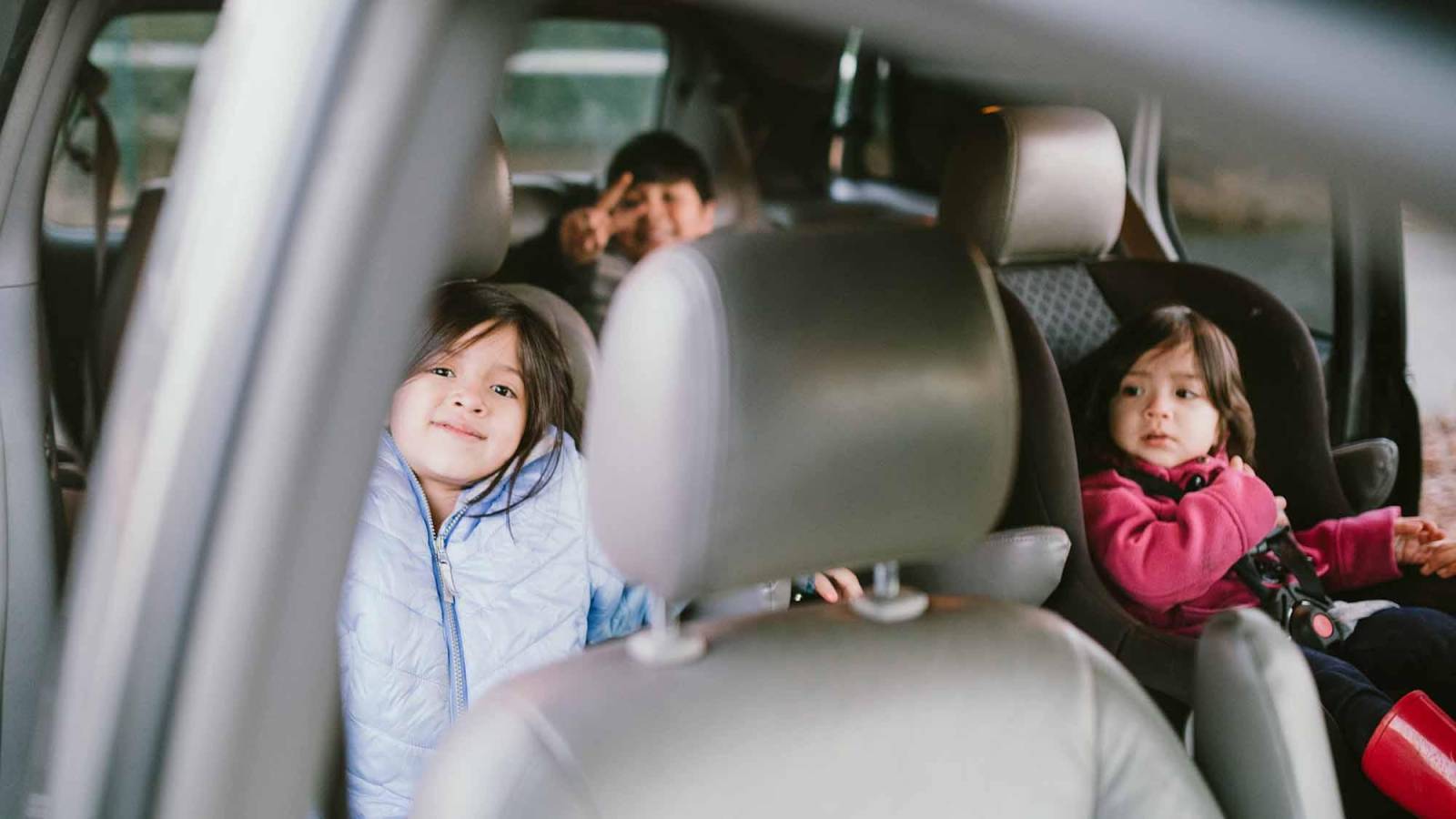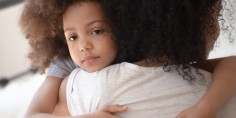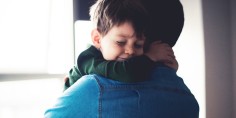2020. Words and images flood the mind. COVID-19, masks, social distance, Zoom, overcrowded hospitals, shuttered businesses, empty classrooms, cancelled graduations, proms and family vacations, isolation, sickness and far too many untimely deaths. There were also the tragic deaths of Ahmaud Arbery, George Floyd, Breonna Taylor and the social unrest that followed. On top of that: countless political ads and rhetoric and days of uncertain election results.
The uncertainties created by the events of last year were challenging and traumatic for vast segments of the population. Often used aphorisms are rarely helpful or true — but as a new year begins, “hope springs eternal” keeps coming to mind. Even in the aftershock of sickness and social upheaval, we witnessed the triumph of the human spirit as communities rallied to encourage and support one another.
As we enter 2021 and consider our work, we recognize there are significant concerns regarding unreported child abuse, undiagnosed and untreated mental health issues, and potentially poor educational outcomes caused by the loss of in-class instructional time.






